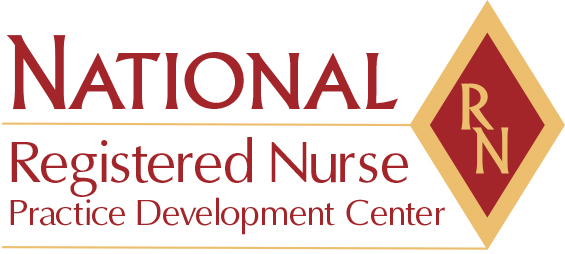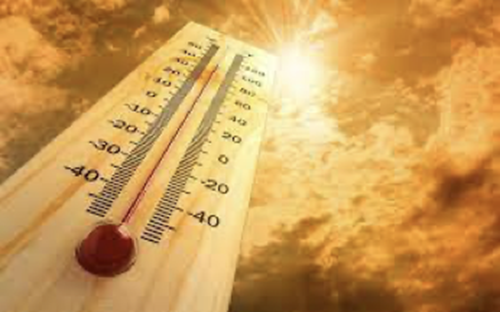 This summer has seen the hottest temperatures on record with more extreme heat events. An Extreme Heat Event is defined as a weather condition with excessive heat and/or humidity that has the potential to cause health-related illness or death.
This summer has seen the hottest temperatures on record with more extreme heat events. An Extreme Heat Event is defined as a weather condition with excessive heat and/or humidity that has the potential to cause health-related illness or death.
An extreme heat event occurs when any of the following takes place:
- The National Weather Service issues an Excessive Heat Warning for at least 25% of the State’s population
 The State Emergency Operations Center is activated due to the prediction of excessive heat
The State Emergency Operations Center is activated due to the prediction of excessive heat- The State’s Department of Public Health regional offices or local and tribal public health agencies request assistance in the event of a heat emergency with confirmed or suspected heat-related fatalities
Populations Vulnerable to Heat
| Adults Over the Age of 65 | They are less aware and adaptable to extreme heat |
| People Living Alonge and/or Without Air Conditioning | They may not know when to call for help |
| Individuals with Disabilities | They may not know or realize they are in danger |
| Children Under 5 | They are sensitive to the effects of extreme heat and rely on others to keep them cool and hydrated |
| People with Chronic Medical Conditions | Medical conditions can worsen the impact of extreme heat |
| Homeless | May be unaware of cooling centers and have limited access to other cooling methods such as cool showers |
| Outdoor Workers | More likely to become dehydrated and more likely to get heat-related illnesses |
| Non-English Speakers | May not have access to current information about heat advisories and health risks associated with extreme heat |
 What nurses can do
What nurses can do
- Identify patients under your care who are most at risk for a heat related event and provide targeted messaging specific to heat safety
- Call 211 or your local public health department to find out where the cooling shelters are in your area
- Partner with family caregivers to assess their understanding of heat related symptoms, how to prevent and when to report
- Become better informed about heat related illnesses including the signs and symptoms and interventions you can offer. Resources that can help: Extreme Heat – Ready Wiscsonin.gov and The Extreme Heat Toolkit
- Complete the Nurses Respond Now Priority Training to learn how to address the needs of vulnerable populations during public health emergencies.
A recipient of the Center for Championing Nursing in America Innovation Award this Priority Training provides individual nurses and healthcare organizations an effective way to meet the Future of Nursing 2020-2030 recommendation of preparing nurses to respond to disasters and public health emergencies; and promotes a Culture of Health, an initiative of the AARP Foundation, AARP and the Robert Wood Johnson Foundation (RWJF).

